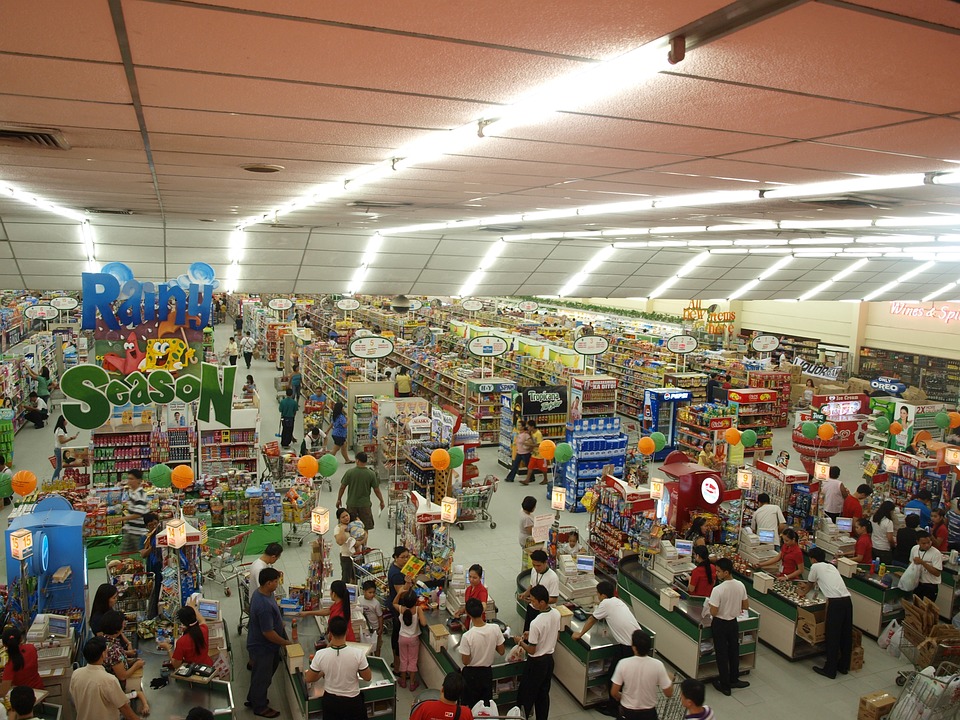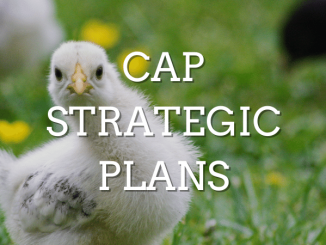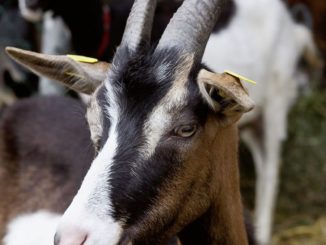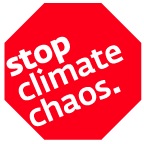By Tim Lang and Rebecca Wells
The grand political narratives around the COP21 conference in Paris will barely touch on one crucial aspect – food. The Paris talks are of vital importance, not just for climate change itself but for framing what kind of food economy follows. And why does food matter for climate change? Well, it’s a major factor driving it yet barely gets a mention.

From growing food to processing and packaging it, from transporting to selling it, cooking it, eating it and throwing it away – the whole chain contributes significantly to greenhouse gas emissions. Livestock alone makes up 14.5% of all anthropogenic greenhouse gas emissions. And agriculture emissions have increased rapidly in the last decade, as global diets and tastes change. Deforestation and forest degradation (often because of agricultural expansion) cause an estimated 17% of global greenhouse gas emissions.
People used to argue that this was a regrettable cost of progress. But most analysts now think differently, reminding us that the current food system is failing many. Almost 800m people in the world are hungry, at least two billion are not getting enough nutrients, and 1.9 billon adults are overweight or obese (39% of all adults over 18 years of age). Meanwhile, a third of all food produced globally is lost or wasted.
Consumers are voters
Sobering evidence like this has mounted for years but climate change policy makers have focused on energy rather than food. This policy blind spot is because tackling food emissions means tackling consumers. And consumers vote. Politicians have endless rationalisations for inaction: eating more is a sign of affluence and cheaper food is an indicator of prosperity. Don’t meddle with food – it’s about freedom of choice. So the result is that both Right and Left would rather not confront or help their voters.
Many politicians also think that tackling food emissions would mean they’d have to persuade business to take the issue seriously. It’s true that some agribusinesses are hostile to change, but others have read the writing on the wall. Even some nervous politicians see the folly of food waste.
The waste issue exposes the inefficiencies of the food system that have emerged in recent decades. More food is being produced, processed and consumed, yet more is also being wasted
Locked in
But Big Food cannot sort out climate change. It is locked into the issue of unsustainable food, too – in hock to consumers who have become used to what an industrialised globalised food system offers them. So are we doomed?
No. But we do need a new framework. Since neither Big Food, nor consumers, nor individual political parties can tackle this issue alone, what’s needed is a systemic approach. We need to recognise the different players on the global food stage, their different relationships, their different perspectives. We need to understand that food emissions are happening within a broader social, economic, cultural and environmental context. Such thinking is emerging in the consumer response to obesity.
Systemic change is easier said than done, of course. But we take heart from the fact that the kind of food culture and food system that now contributes to climate change and many other health and environmental problems was created by humans, so humans can now chart a different course. At the academic level, our Innovative Food Systems Teaching and Learning programme (IFSTAL) is building the kind of interdisciplinary thinking – from anthropology to zoology – which we need to reframe food systems in the long term public interest.
At the policy level, politicians must accept the systemic nature of the problem. No single interest group or politician can resolve this on their own. Next, they must agree a phased 30-year change of course from what is the legacy of 70 years of building a food system oriented mainly on increasing output. New indicators are needed. Not on the amount of food – there is already huge over-production – but the number of people fed per hectare. Productionism is out of date. The future is about sustainable systems delivering sustainable diets.
While the arguments are over the numbers and targets, there surely ought to be a commitment to shift away from diets and production systems which are high in emissions. This almost certainly means more horticulture and less meat and dairy, a food culture which would also be good for health, jobs and environment.
Getting the whole food system to change is a seriously big challenge. But one thing is clear: no change in food means no gain in climate change prevention.
Tim Lang, Professor of Food Policy, City University London and Rebecca Wells, Teaching Fellow at the Centre for Food Policy, City University London
This article was originally published on The Conversation. Read the original article.




